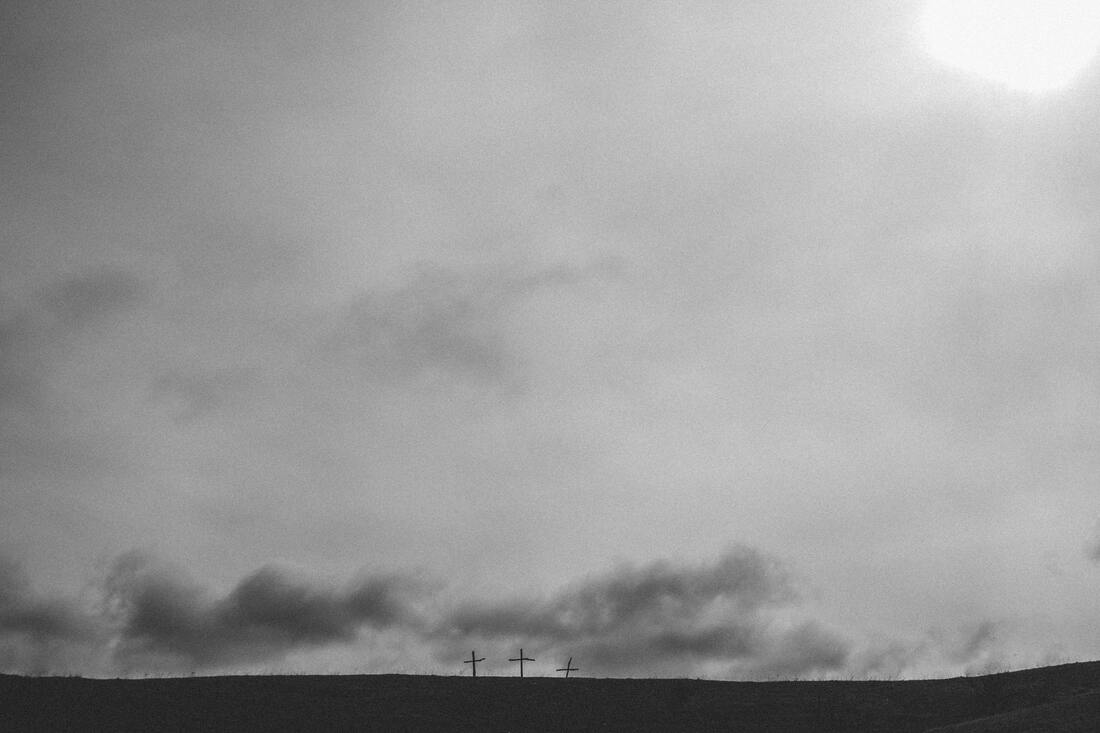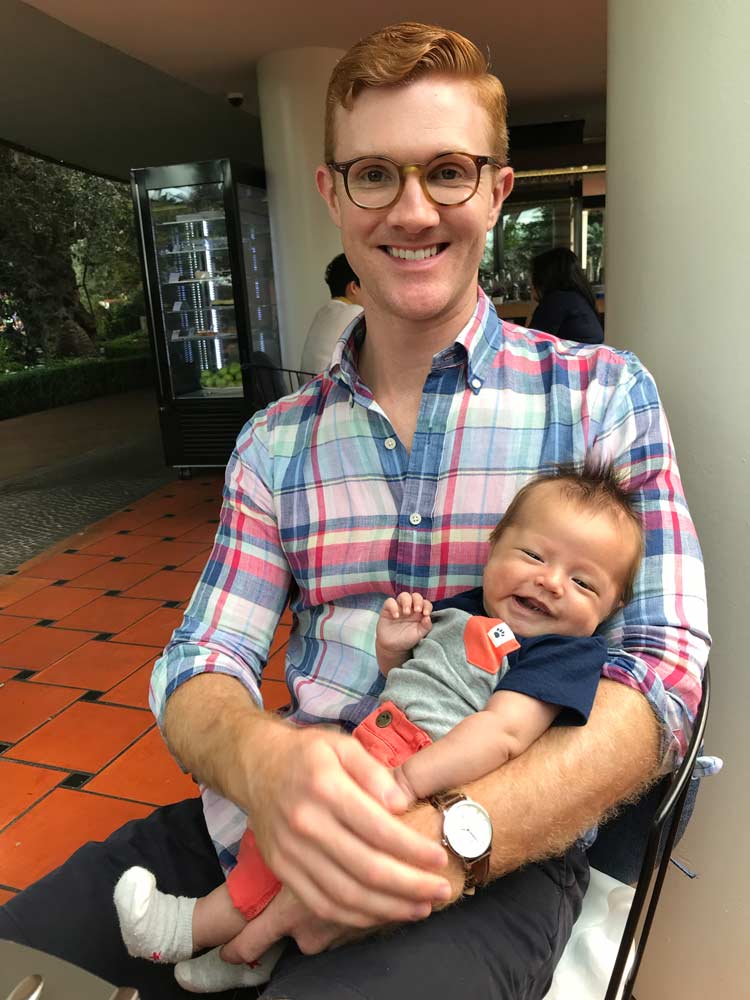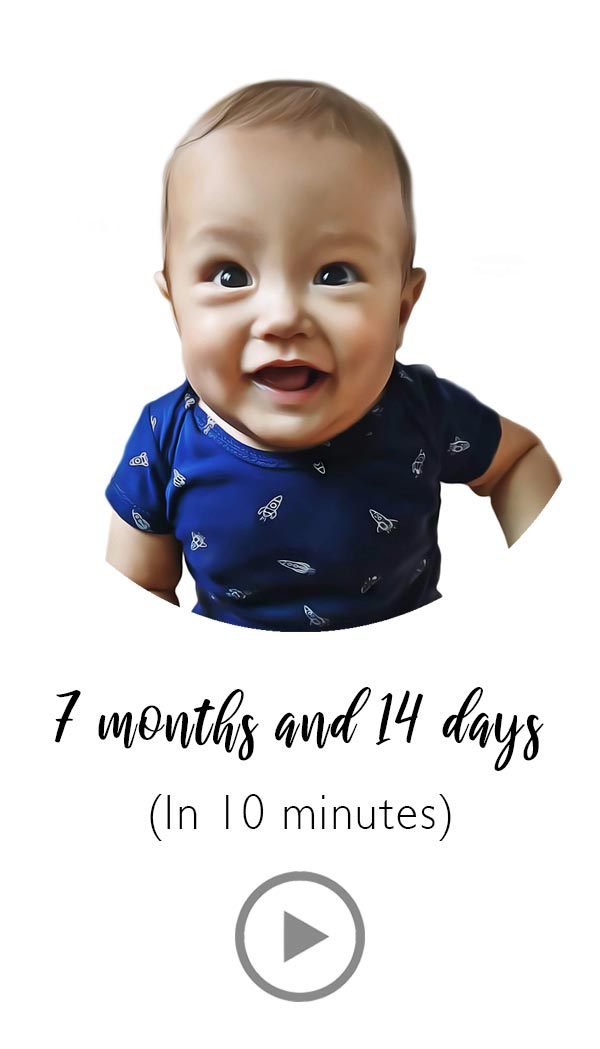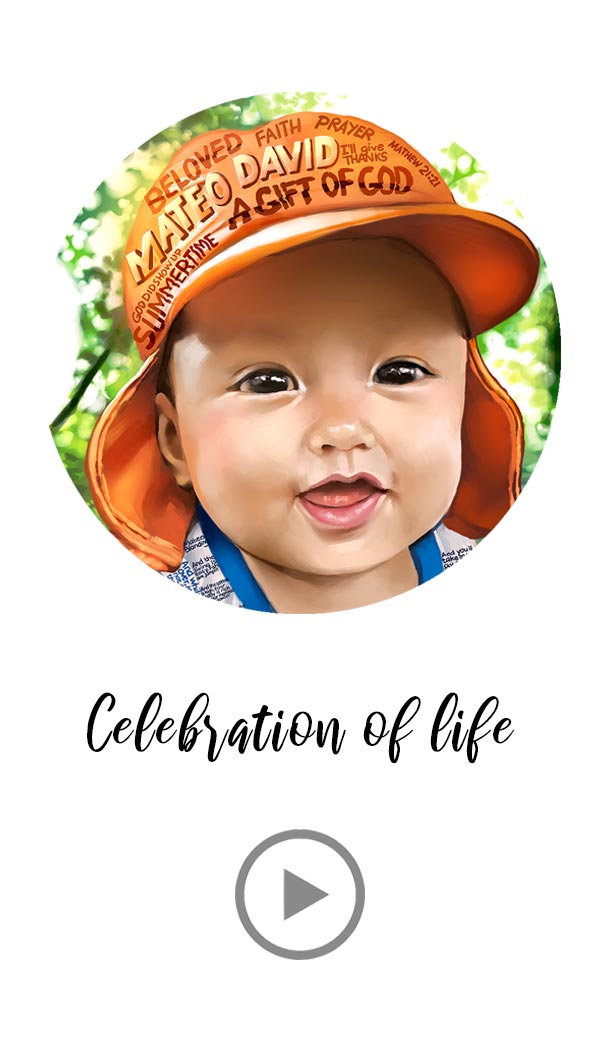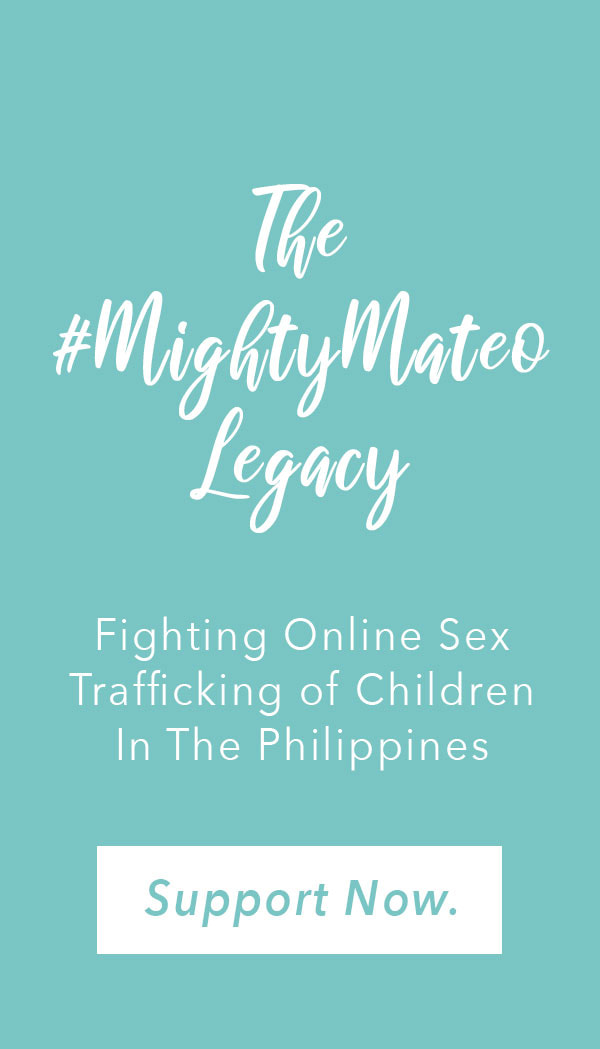|
(by Mike Blanding, father of Mateo) Have you ever gone to a department store and purchased something that was larger than their largest bag could contain? A microwave perhaps, or a TV, or a corona-virus-quarantine-survival-48-roll-pack of toilet paper? I have (not the toilet paper). While getting the house ready for some out-of-town guests, I once bought a foldable foam mattress. The cashier looked at the mattress, looked at her largest plastic bag, and decided she’d have to get creative. I watched as she expertly fashioned a handle using some cardboard, some tape, and some string. She then reached under her cash register and peeled off a large, round, red sticker which she pasted on the side of the mattress. In bold all-capital letters, the sticker read: “REDEEMED.” Redeemed. Hmmm. Before that moment, I had never given much thought to the meaning of the word. To me, it had always been an outdated “churchy” word that gets used in a religious context but never in everyday life by everyday people. So naturally, I did the same thing that you would’ve done: I googled it. As it turns out, the word redeemed simply means “to gain possession of something in exchange for payment.” Seems fitting, I thought to myself as I looked down at my bulky purchase. The cashier now has my money, and I now have a foldable foam mattress. The store no longer has possession this item. I own it now. I suppose this was the cashier’s way to signal to her colleagues patrolling the department store exit that the item had in fact been legitimately paid for and I wasn’t trying to walk off with unpaid merchandise. Fast forward to today: it’s Easter Sunday, 2020. The idea of redemption is one that is woven into nearly every Easter sermon, Easter hymn, and Easter prayer. But what does it mean in this context? Who bought what? For what reason? At what cost? I’m immediately reminded of these words written by the apostle Paul in a letter to the early church in Corinth: “You are not your own; you were bought at a price.” - 1 Corinthians 6:19-20 In other words, I am the item being carried out of the store with the large, round, red sticker. I am the one who’s been purchased. And you’ve been purchased too. And I’d like to think that you and I are far more valuable than any mattress, microwave, or mega-pack of toilet paper. So what is my value? What is your value? As the old saying goes “the value of a thing is the price that it will bring.” At what price were we bought? If the story of Easter is indeed true (and I choose to believe that it is) then you and I were bought at a tremendous price. We were not purchased with silver nor with gold nor with cash, but rather, we were purchased at a much greater price: the cost of a human life. And again, if the story of Easter is true, then this was not just any human life. It was God’s son that died so that we could be purchased out from our own guilt and shame, and into the freedom, peace, and joy that comes with being part of God’s family. This Easter, for me, is not like other Easters. The idea of a father watching his own son die is one that hits particularly close to home this year. You see, this was supposed to be my son Mateo’s first Easter. He was supposed to wear a silly bunny costume and smile begrudgingly for his Mother’s photos that he would grow up to resent. He was supposed to crawl around the house and help his big brother search for painted eggs. He was supposed to taste marshmallow peeps for the first time while we all expectantly watched his cute little reaction. He was supposed to be… still here. This Easter, I feel like I can relate, in my own small way, to the value of the sacrifice that God made in exchange for you and me. And as a father who has lost a son, I can tell you that the price of that life is of greater value than anything else in the world. I would have quickly given anything, anything at all, before I would have given my own son. I would have readily emptied all of my bank accounts, sold off all of my investments, and given away everything that I possess before paying the price of my son’s life. There’s an old hymn which I had learned long ago, and hadn’t thought about in over a decade. For some reason, while Mateo was in the ICU fighting for his life, this song emerged from a dusty corner of my memory and kept looping over and over in my head as I sat by his bedside. What can wash away my sin? Nothing but the blood of Jesus; What can make me whole again? Nothing but the blood of Jesus. Oh! precious is the flow That makes me white as snow; No other fount I know, Nothing but the blood of Jesus. At the time, I didn’t see how the song or the lyrics had anything to do with Mateo’s condition. But today, the words of this hymn speak to me so loudly. This Easter, my heart breaks in a fresh way for my Heavenly Father and the pain that He must have felt while seeing His own son pay the price to redeem our broken lives. But this Easter, I also have a new appreciation of just how valuable God feels that you and I are that He saw us worthy of redeeming for such a great cost. The #MightyMateo Legacy lives on. Our little Mateo was highly involved in our efforts to fight online sex trafficking of children in the Philippines during his seven months of life. We believe that he'd love for us to continue this legacy.
1 Comment
Fetuna Lee
4/14/2020 12:13:01 am
Praise God for your testimony Michael. Pray God to comfort you in ways that will bring you to maturity in your relationship with Him. Pray also to give you opportunities to comfort others who will be going through tough times. My love and prayers will always be with You, Joanna and André
Reply
Leave a Reply. |
�
#MightyMateo's parents document their journey through grief towards healing.
AuthorsJoanna Blanding Archives
December 2022
Blog Posts
All
|


